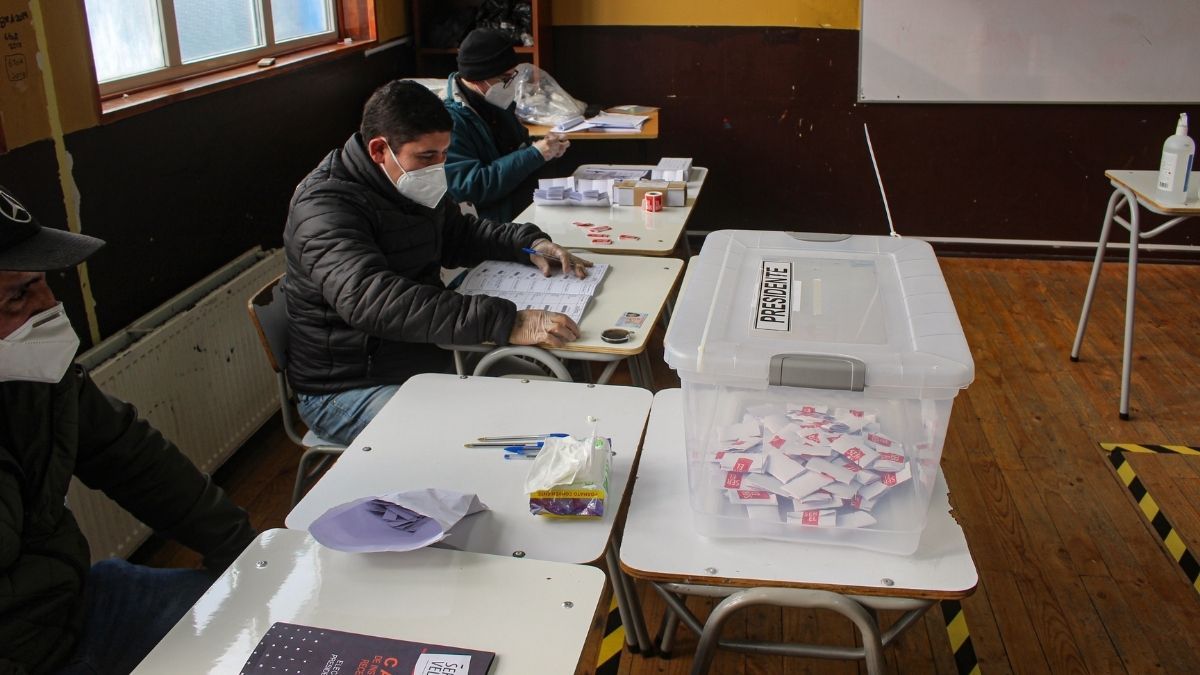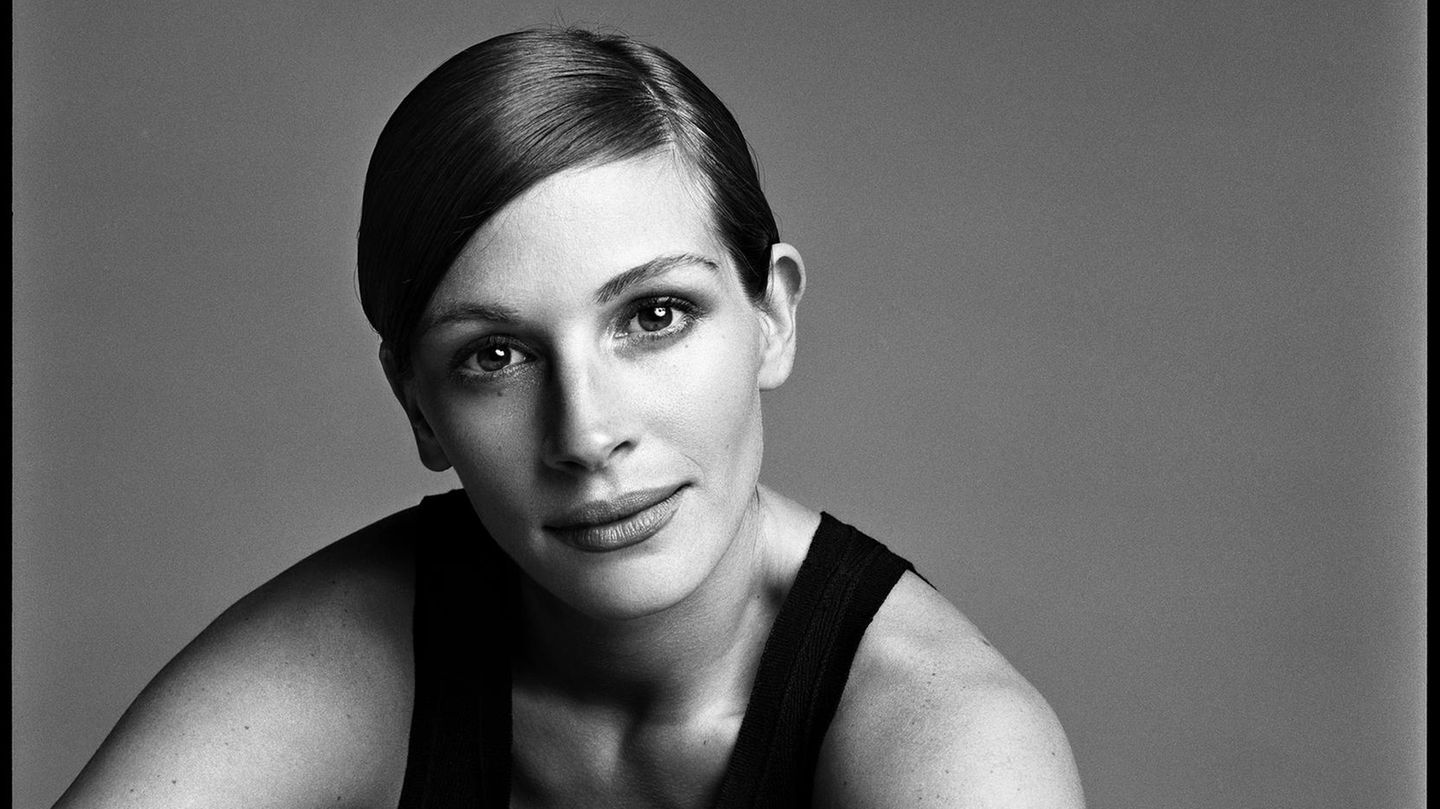The elections culminate a period of two years in which the country experienced a social outbreak, began to draft a new Constitution and dealt with the Covid-19 pandemic, shaping a panorama in which the most extreme proposals are those that seem best positioned .
Despite some setbacks, the tables began to work from the first hour, although some places had long lines due to the number of attendees and the sanitary restrictions, which limit the capacity.
https://twitter.com/ServelChile/status/1462528842640367616
IMPORTANT | As long as there is a voter who is queuing inside or outside the premises, the table must receive the vote of all of them before proceeding with the closing.
– Electoral Service (@ServelChile) November 21, 2021
Wearing a hat and sunglasses to avoid the inclement sun at a venue in downtown Santiago, nurse technician Carmen Gloria Carrillo said she hoped young people would come to vote. “If we want things to change, I think it is important that we all vote,” said Carrillo, 46.
The outgoing president Sebastian Piñera she was the first public figure to vote at a school in Las Condes, a wealthy neighborhood in Santiago. “All opinions matter. Come vote, we are capable of resolving our differences in a peaceful way, to vote,” the right-wing president who overcame an impeachment attempt this week asked the cameras.
https://twitter.com/sebastianpinera/status/1462379467687538689
Some 15 million voters – out of a population of 19 million – were summoned to exercise their right to vote, which in Chile has been voluntary since 2012.
The polls were open until 18:00 local time (same time in Argentina) to vote between seven candidates for the presidency, all of the Chamber of Deputies and half of the Senate, as well as regional councilors.
Representatives of the two most antagonistic political poles arrive as favorites: the deputy of the Frente Amplio of the left Gabriel Boric, the youngest candidate in history at 35 years old, and the lawyer and far-right politician José Antonio Kast, 55 years old and from the Republican Party.
“It is a cycle of consolidation of a capitalist accumulation model that would now close,” Marcelo Mella, a political analyst at the University of Santiago, told AFP.
A 50% of undecided, voluntary vote and sanitary restrictions due to the pandemic, configure the most uncertain scenario since the return to democracy after the dictatorship of Augusto Pinochet (1973-1990).
Boric voted in the city where he was born and raised, Punta Arenas, on the shores of the Strait of Magellan, more than 3,000 km south of Santiago; as the Christian Democratic candidate, Yasna ProvosteHe did it in Vallenar, his hometown 660 km north of the capital.
The first results of the overseas vote gave a resounding victory for Boric in Oceania with Kast in second place in Australia and liberal Franco Parisi second in New Zealand.
But neither he, nor Kast, nor most of the seven rivals, are part of the political coalitions that have divided power since the return to democracy in 1990.
“Those who never were enter as favorites”, defined the political scientist of the University of Santiago Raúl Elgueta.
“It can be argued that they are the last elections of the old cycle, since they can end with a different result than the (political) that there have been,” he added.
According to the polls, no candidate would reach 50% of the votes to ensure a victory in the first round, so a ballot is forecast for December 19.
Sebastian Sichel, 44, without political affiliation but with a previous step by the Christian Democrats, is the representative of the ruling alliance, fractured in recent weeks because some parliamentarians supported Kast.
Also competing is the professor of the extreme left Eduardo Arts, the progressive filmmaker and politician Marco Enriquez-Ominami and the economist of the so-called People’s Party, Franco Parisi, who lives in the United States and did not set foot in the country during the campaign due to problems with the Chilean justice system.
A key factor will be the participation of young people, according to analysts.
Since the voluntary vote was established in 2012, Chile registered its highest degree of participation in October 2020, when a large number of young people voted in the plebiscite that decided – with a support of 78% – to change the Constitution, considered the mother of the social inequalities and business abuses.
Source From: Ambito
David William is a talented author who has made a name for himself in the world of writing. He is a professional author who writes on a wide range of topics, from general interest to opinion news. David is currently working as a writer at 24 hours worlds where he brings his unique perspective and in-depth research to his articles, making them both informative and engaging.




